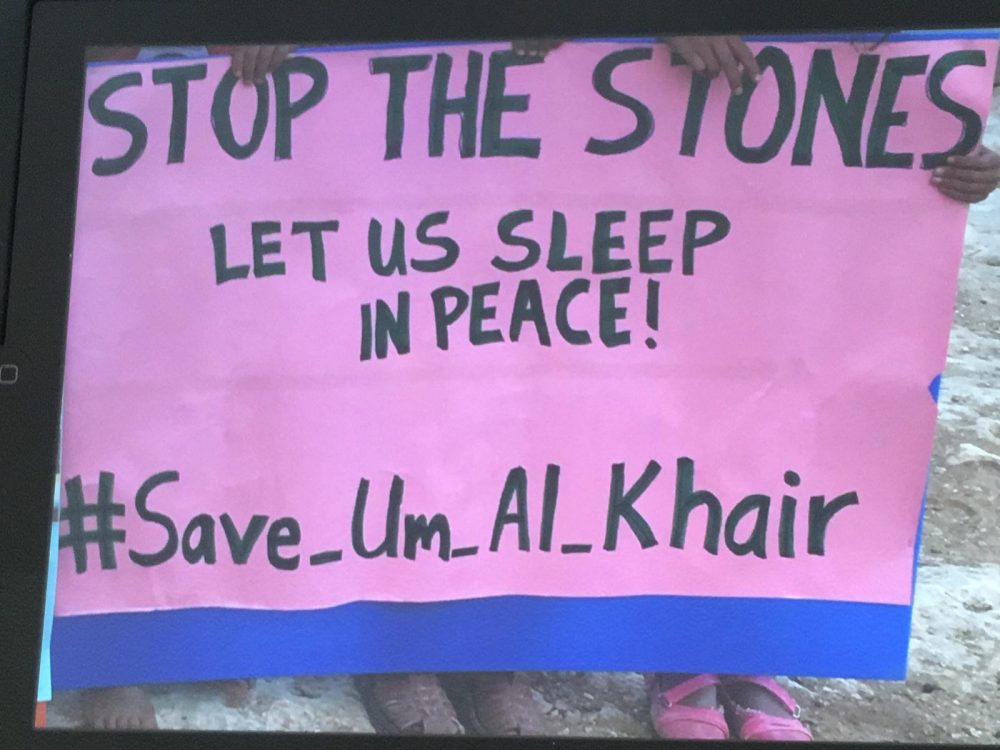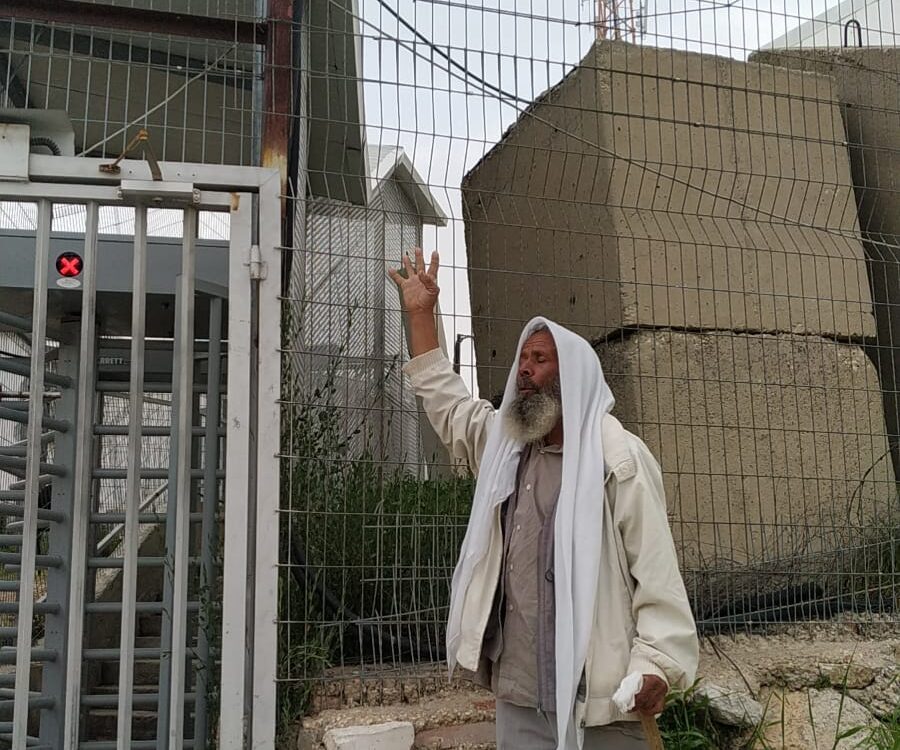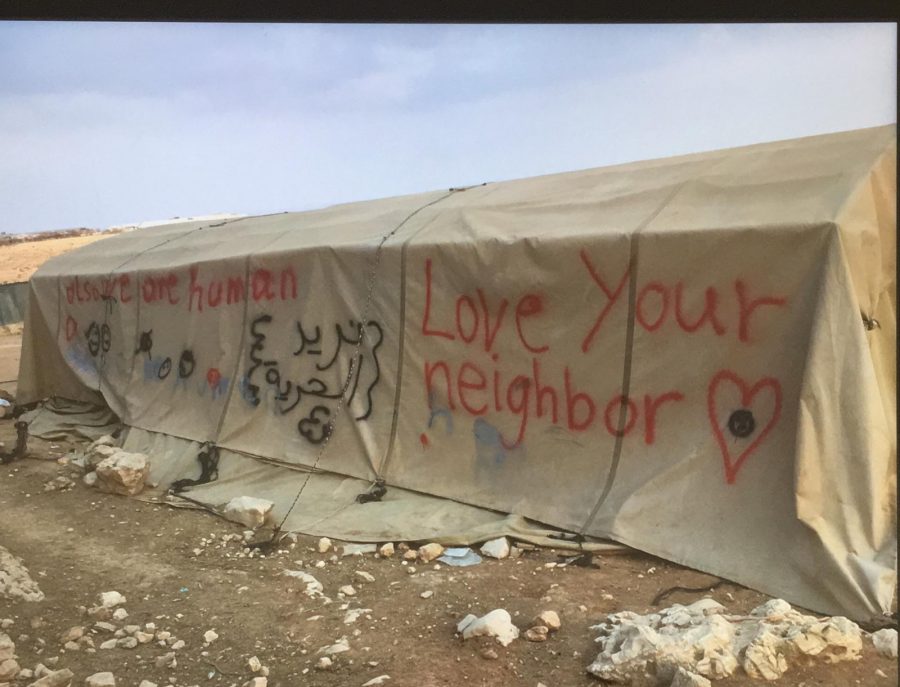In Ireland and the United Kingdom, for the first time in most people’s memories, we have had an experience of everything changing as we get to grips with coronavirus restrictions and their impact on our daily lives, work, school and recreation. Only three months in, many people want it to end, to ‘get back to normal’. These restrictions, for the most part, are understandable and most people agree that they are in place for the common good. Local lockdowns give a small insight of what it might be like to live with restrictions on your daily life, restrictions that Palestinians have lived with for decades. But they do not give a sense of what it is like to live under the authority of a hostile army, an inequitable legal system, and with the ever present threat of losing your land.
Meanwhile Pentecost has arrived. The three monotheistic faiths have celebrated – Shavuot and Eid and the Ascension. People of each tradition are challenged by their faiths to examine how best to heal and love their neighbour and live in peace.
‘How can we continue to keep the light of hope aflame for the people of occupied Palestine?’




